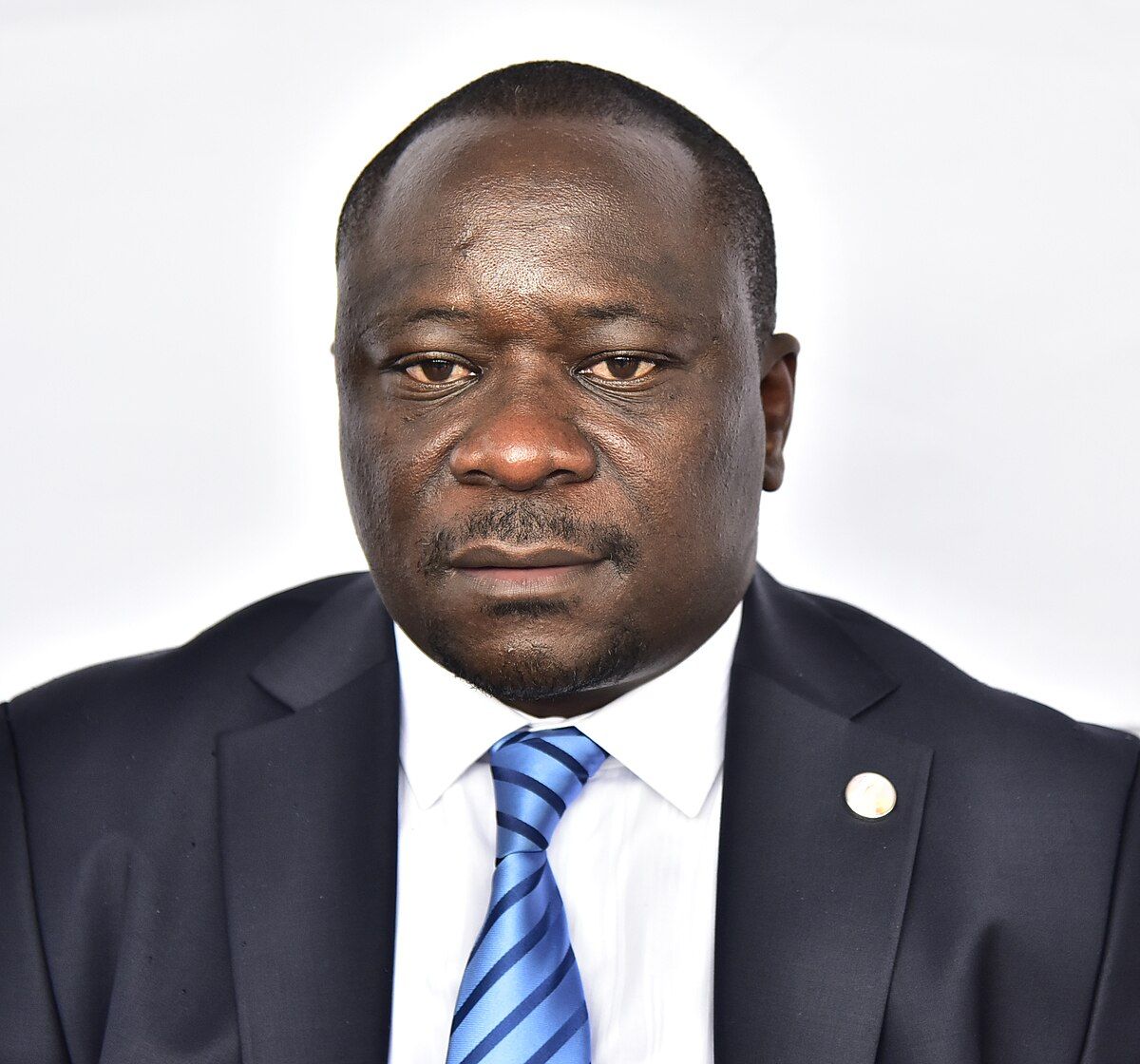
MP Mwijukye calls for justice and fairness for arts teachers
Teachers in Uganda’s arts sector have embarked on a sit-down strike raising concerns that extend beyond salary issues to broader themes of justice, equity and respect within the education system. The strike led by arts teachers across various regions highlights longstanding frustrations over unequal pay and perceived neglect by policymakers.
The protest comes amid recent government decisions to increase salaries for science teachers, engineers and medical professionals two years ago. While the move aimed to motivate and retain talent in critical sectors, critics argue that it has inadvertently created a divisive environment favoring some disciplines over others and undermining the integrity of the entire education ecosystem.
Hon.Francis Mwijukye, a Member of Parliament representing Buhweju County and an education advocate voiced support for the teachers emphasizing that society functions as an interconnected system where every role is vital. “Teachers, whether of science or arts are part of a web that sustains national development,” he stated. “It is unfair and irrational to prioritize one over the other. For instance, a biology teacher cannot teach effectively without the support of a teacher of English language. Yet, the teacher of English who ensures students understand the language of exams and textbooks is paid less. This is a clear disparity that damages morale and hampers service delivery.”
The disparity has also led to structural issues within schools. Reports indicate that head teachers and their deputies; many from the arts background are earning less than some of the science teachers they oversee. Such pay gaps undermine authority and respect among staff creating friction that affects the quality of education.
Mwijukye revealed that there are inconsistencies in policy classifications where teachers in primary schools teaching science subjects like Mathematics and Integrated Science are not classified under the “scientist pay scale,” despite their critical role. This ambiguity points to a flawed policy thinking that fails to recognize the contributions of arts and science educators equally.
The lawmaker argues that the core issue is one of justice. “Equal pay for equal work is a fundamental principle,” said the education advocate. “Arts and science teachers teach the same students, face similar challenges and dedicate comparable hours. The message sent by unequal pay is that some knowledge is superior which is damaging to the profession and to learners’ perceptions of their educators.”
The ongoing strike has been described as a manifestation of accumulated frustrations with teachers calling on the government to urgently revisit and revise the current pay structure. They urge policymakers in the Ministries of Public Service and Education to craft a compensation system that values all teachers fairly recognizing their contributions to national development.
As the nation debates these issues, educators underscore that no scientist, engineer, or doctor would reach their professional heights without foundational literacy and arts education. It is time for the government to acknowledge this reality and ensure that all teachers are treated with dignity and respect.
